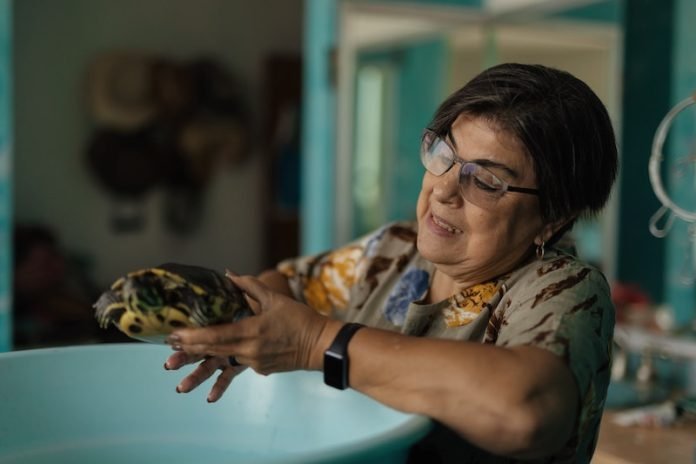
The middle class has often been described as the backbone of America. They’re the everyday folks who have jobs, pay taxes, and take part in community life.
But lately, a specific group within the middle class is facing tough times. We’re talking about those close to retirement age, particularly those who don’t earn a lot but aren’t poor enough to get help from government programs.
Researchers from the USC Schaeffer Center for Health Policy & Economics and Columbia University wanted to find out how this group is doing in terms of health and money.
Why? Because the struggles of this group could spell trouble for everyone, from healthcare systems to the economy.
What the Research Tells Us
Are They Living Healthier Lives?
The researchers looked at people in their 50s and what their lives could be like when they reach 60. They found that richer people are living longer, healthier lives than before.
Good news for them. But for people in the lower-middle class, things aren’t looking good. These folks are more likely to have health issues like high blood pressure, diabetes, and heart disease.
Imagine you’re a 60-year-old woman in this group. The researchers say you’ll probably live up to age 84, but almost half of those years might be spent dealing with health problems.
That’s worse than what people in this age group faced back in 1994.
How Are Their Finances?
The study also looked at how much money and property these people have compared to those in the past.
While richer folks saw their financial health improve by 13%, those in the lower-middle class only saw a tiny bump of 3%.
Owning a home, often considered a classic part of the American Dream, is becoming rare for them. In fact, the gap in homeownership between the lower-middle class and the upper-middle class has tripled since 1994.
The “Almost There, But Not Quite” Group
The study calls this group the “forgotten middle” because they’re often overlooked. They don’t make enough money to be comfortable but make too much to qualify for government help like Medicaid or food stamps.
So they are stuck in a difficult place where they have to pay for rising healthcare and housing costs on their own.
Think about it. If you’re already struggling to make ends meet, how are you going to manage increasing healthcare costs, especially if your health is getting worse?
Why Everyone Should Pay Attention
When a significant group of people in society struggles, it affects all of us. If they’re in bad health, our healthcare system becomes overloaded.
If they don’t have enough money, they can’t contribute to the economy or may end up needing emergency aid.
This isn’t just a problem for the lower-middle class; it’s a problem for everyone. Policymakers often focus on helping those who are worst off, but this study shows that we need to think about a wider range of people.
What Now?
In 2014, when parts of the Affordable Care Act (commonly known as Obamacare) kicked in, it did help some people in this group get health insurance.
But it wasn’t enough. They still lost other kinds of health insurance that they used to get through their jobs.
So what’s the takeaway? This study is a wake-up call. Policymakers need to remember the “forgotten middle” when they make decisions. Programs need to be made or adjusted to help this group of people.
After all, a strong middle class makes for a strong America. If we ignore this group, we’re setting ourselves up for bigger problems down the line.
If you care about blood pressure, please read studies about unhealthy habits that could increase high blood pressure risk, and Vitamin B can help reduce drug-resistant high blood pressure.
For more information about blood pressure, please see recent studies that early time-restricted eating could help improve blood pressure, and results showing Marijuana may strongly increase death risk in high blood pressure.
The study was published in Health Affairs.
Follow us on Twitter for more articles about this topic.
Copyright © 2023 Knowridge Science Report. All rights reserved.



